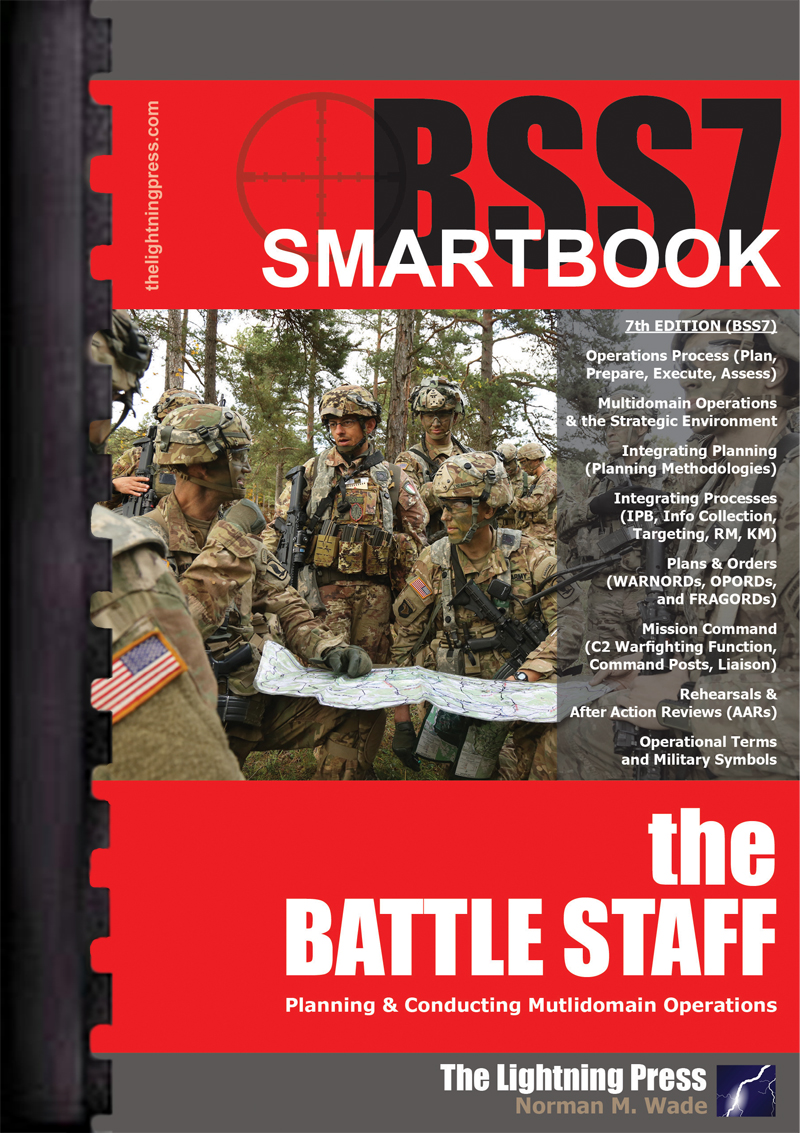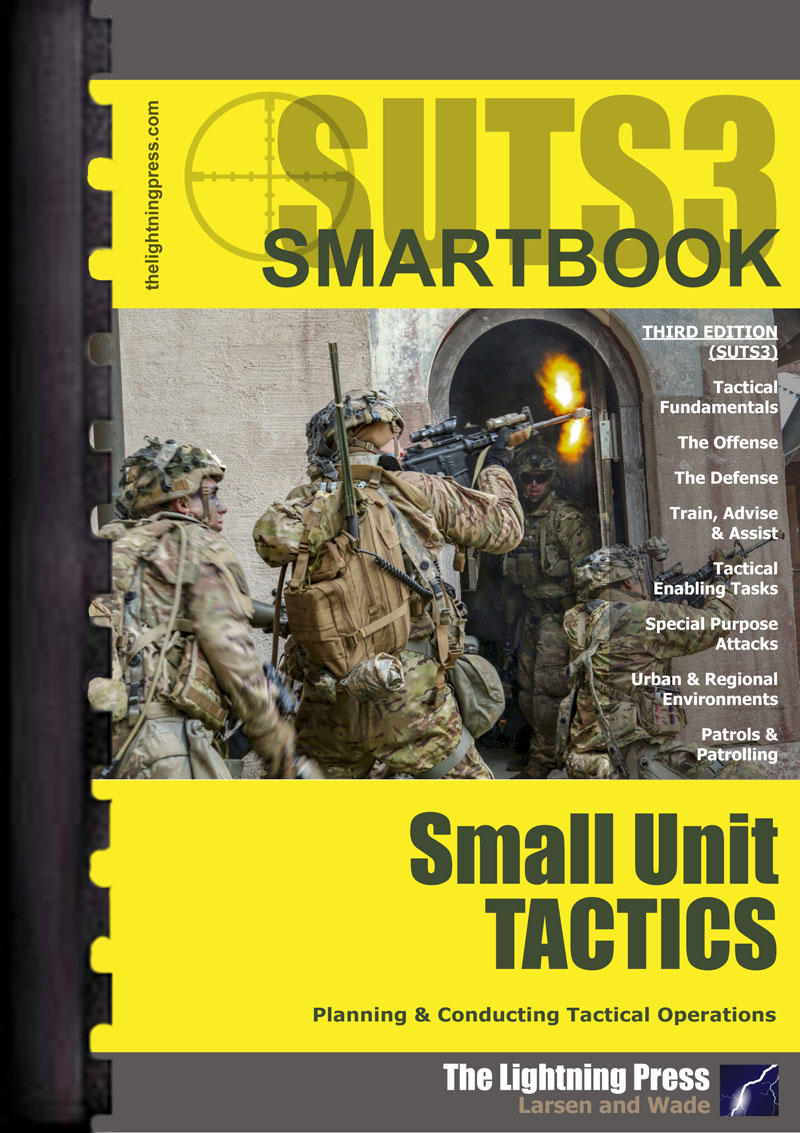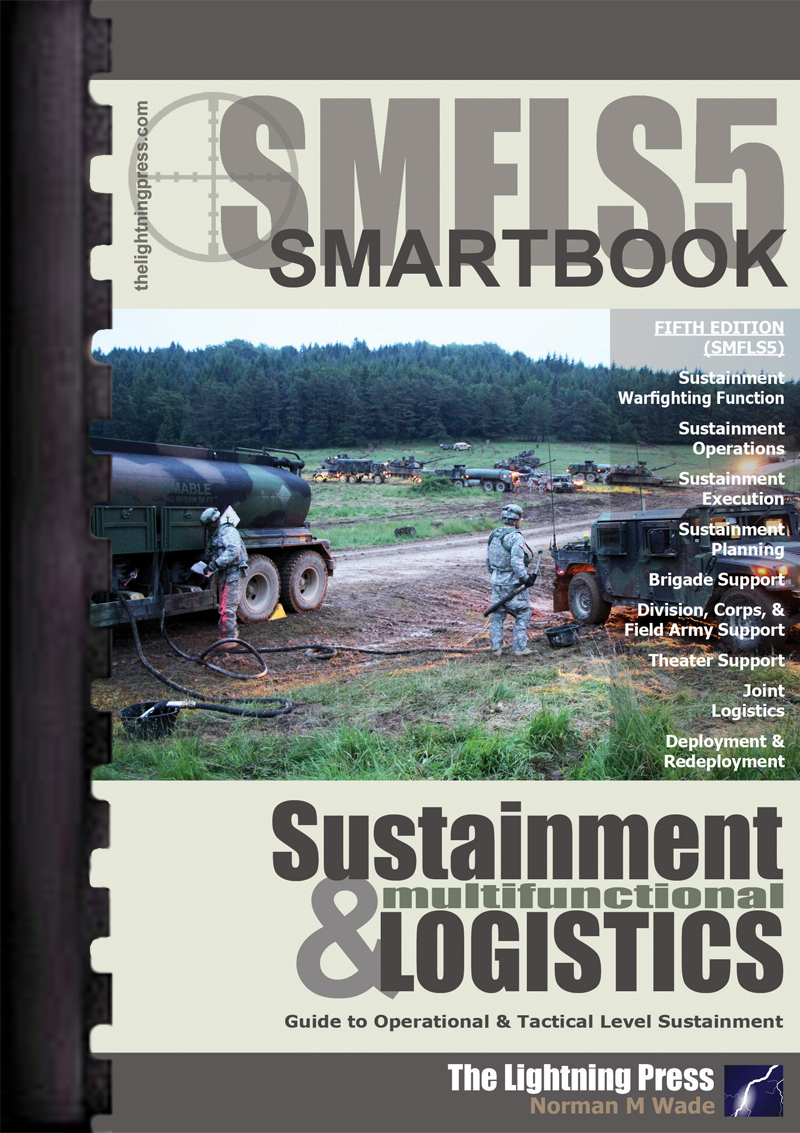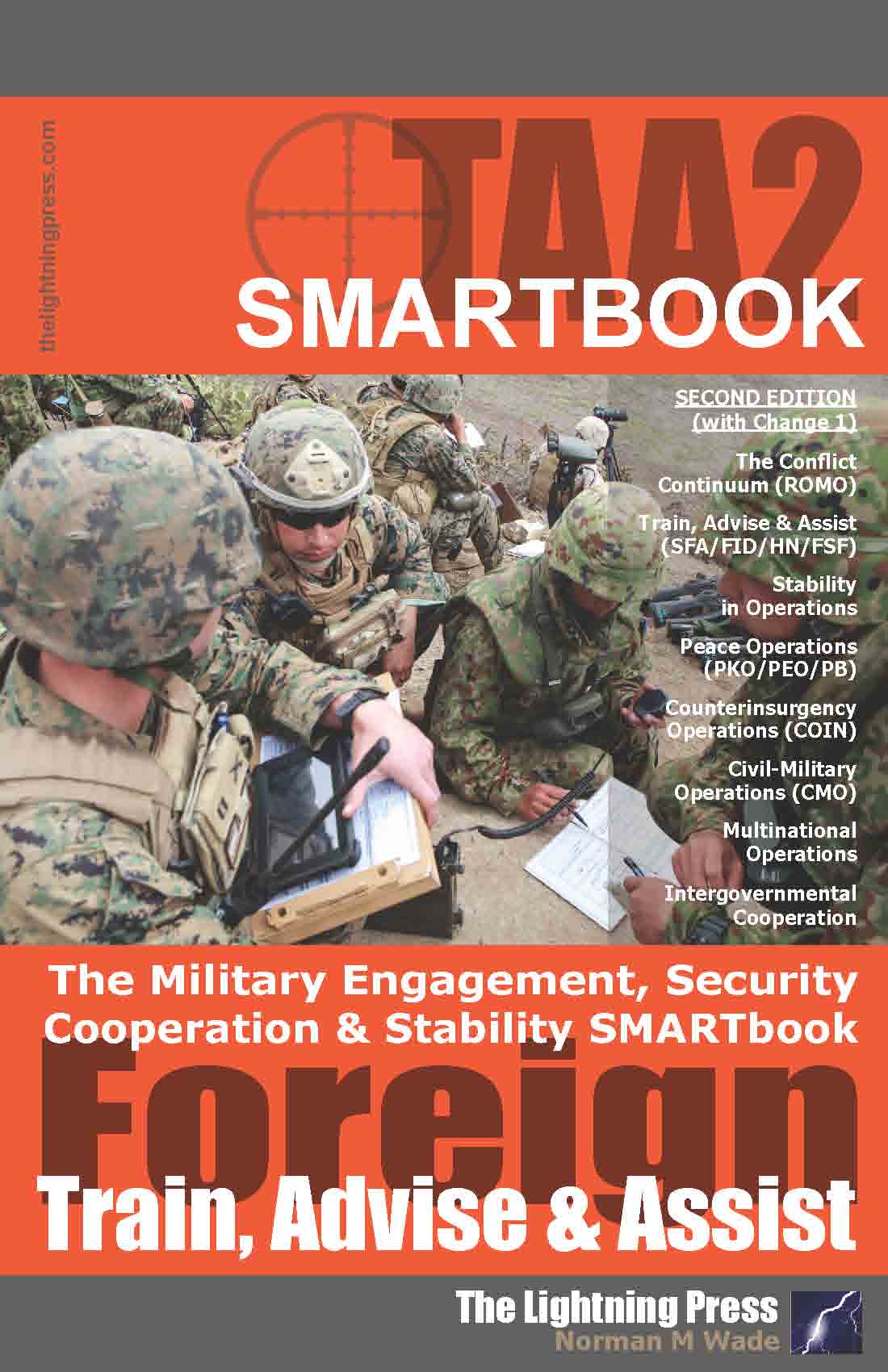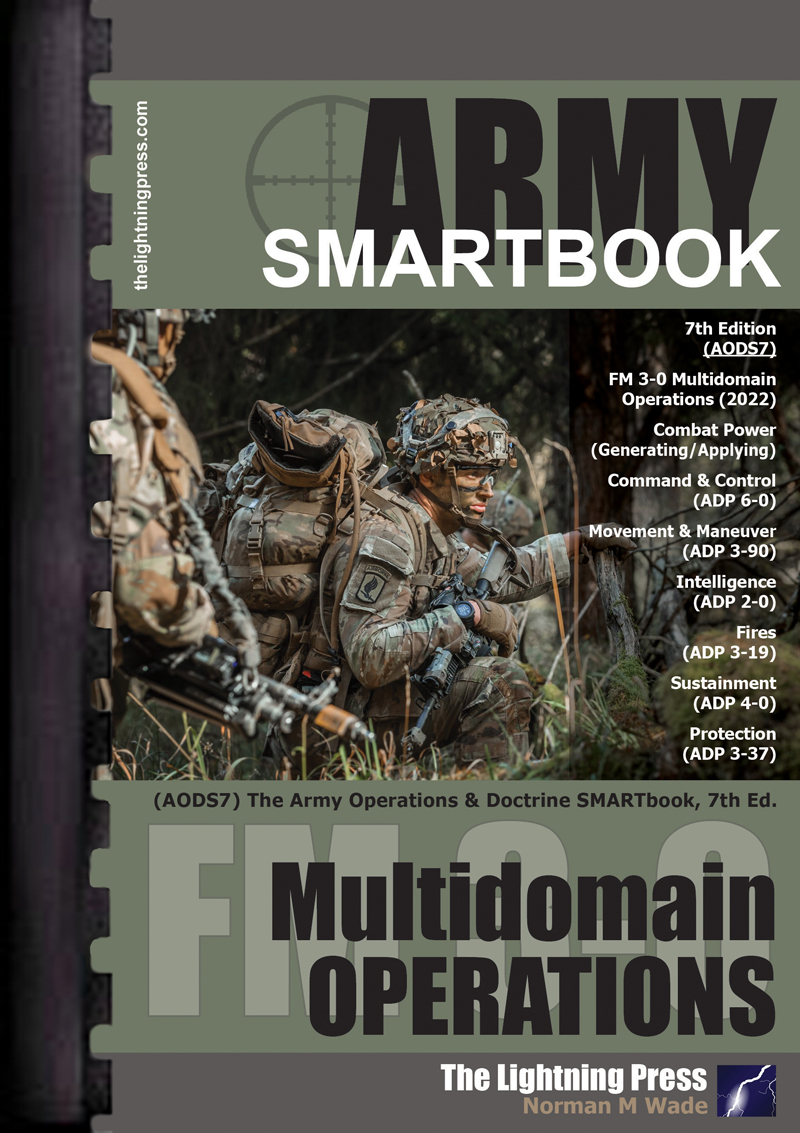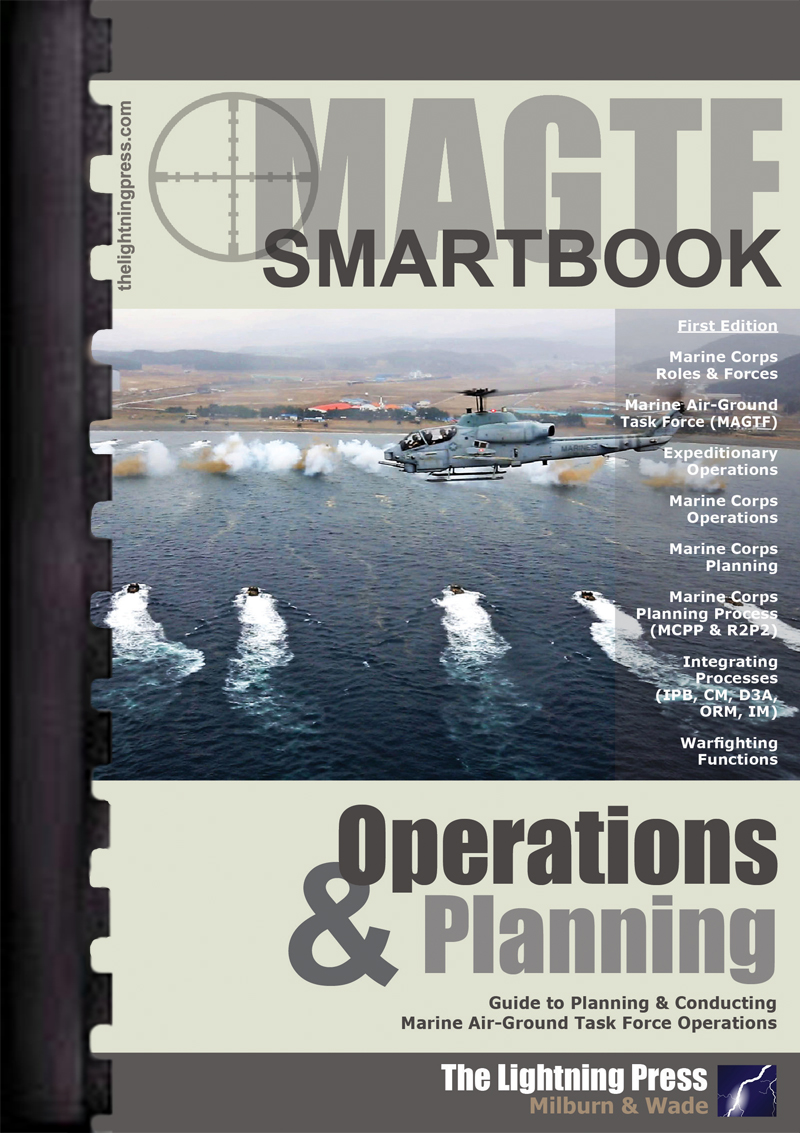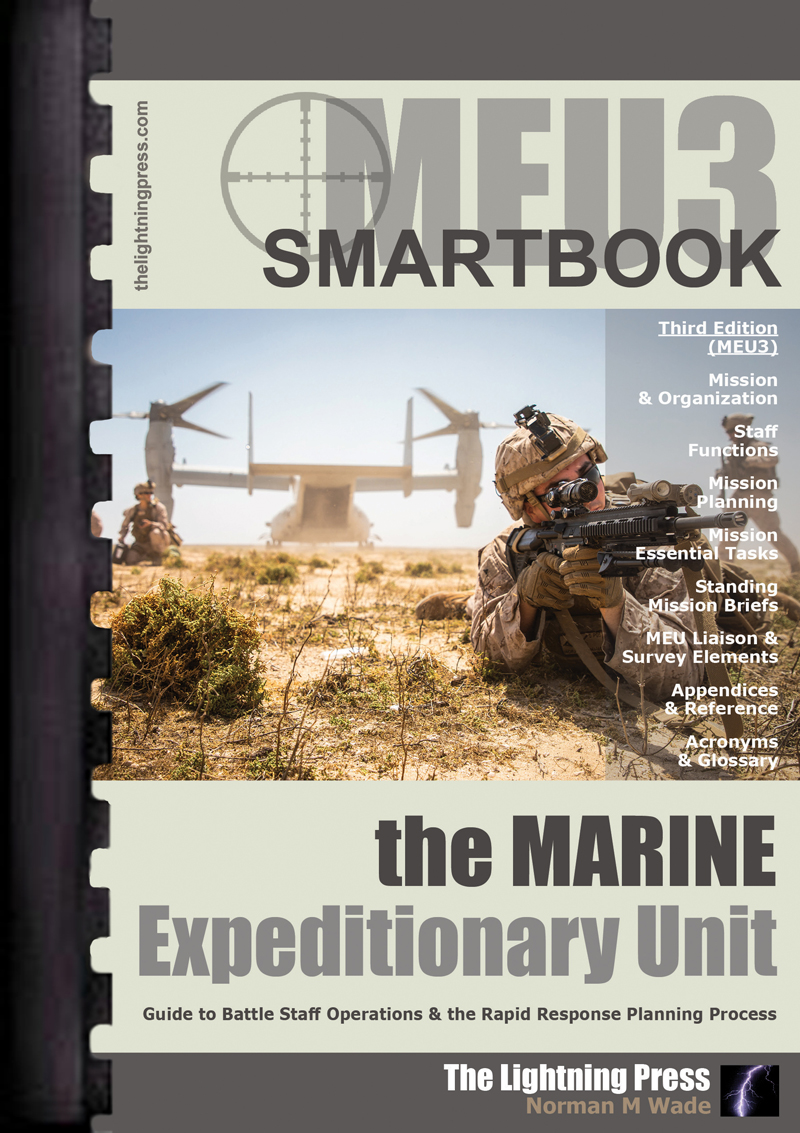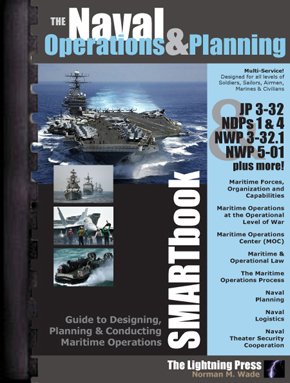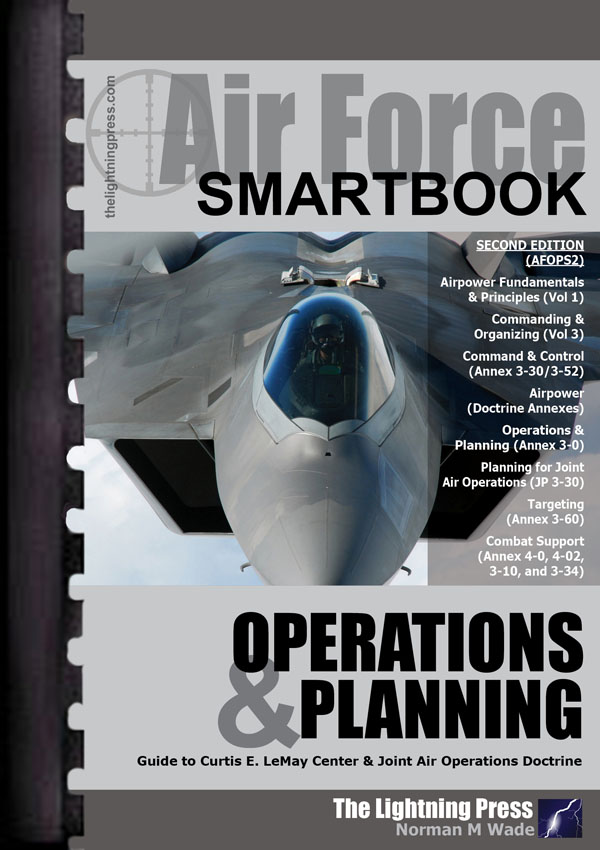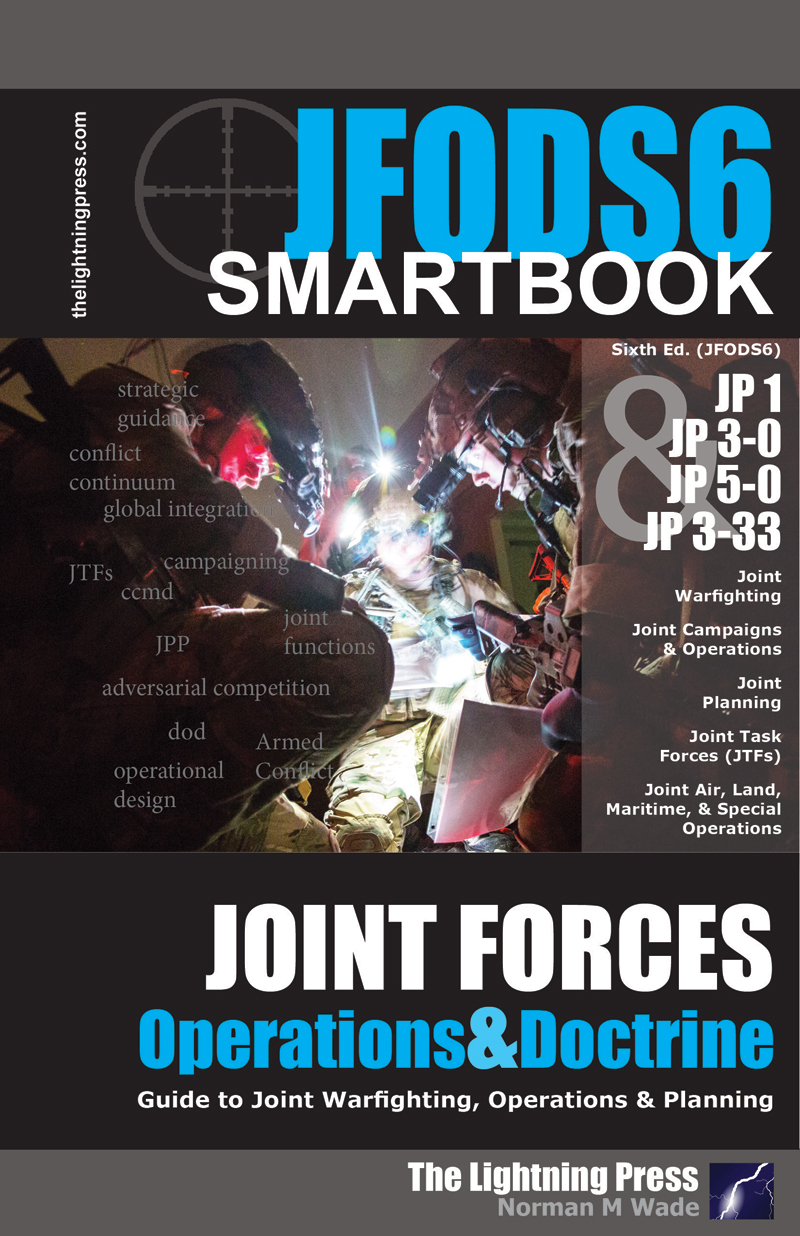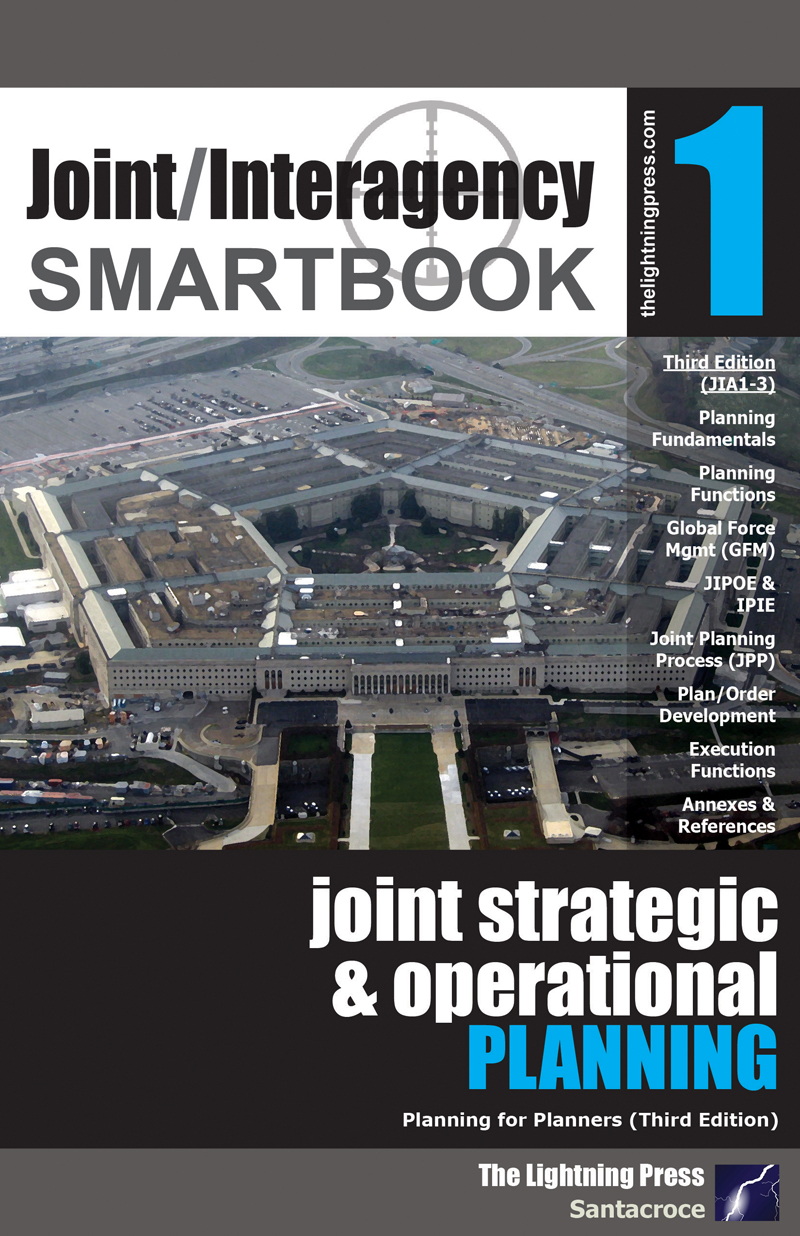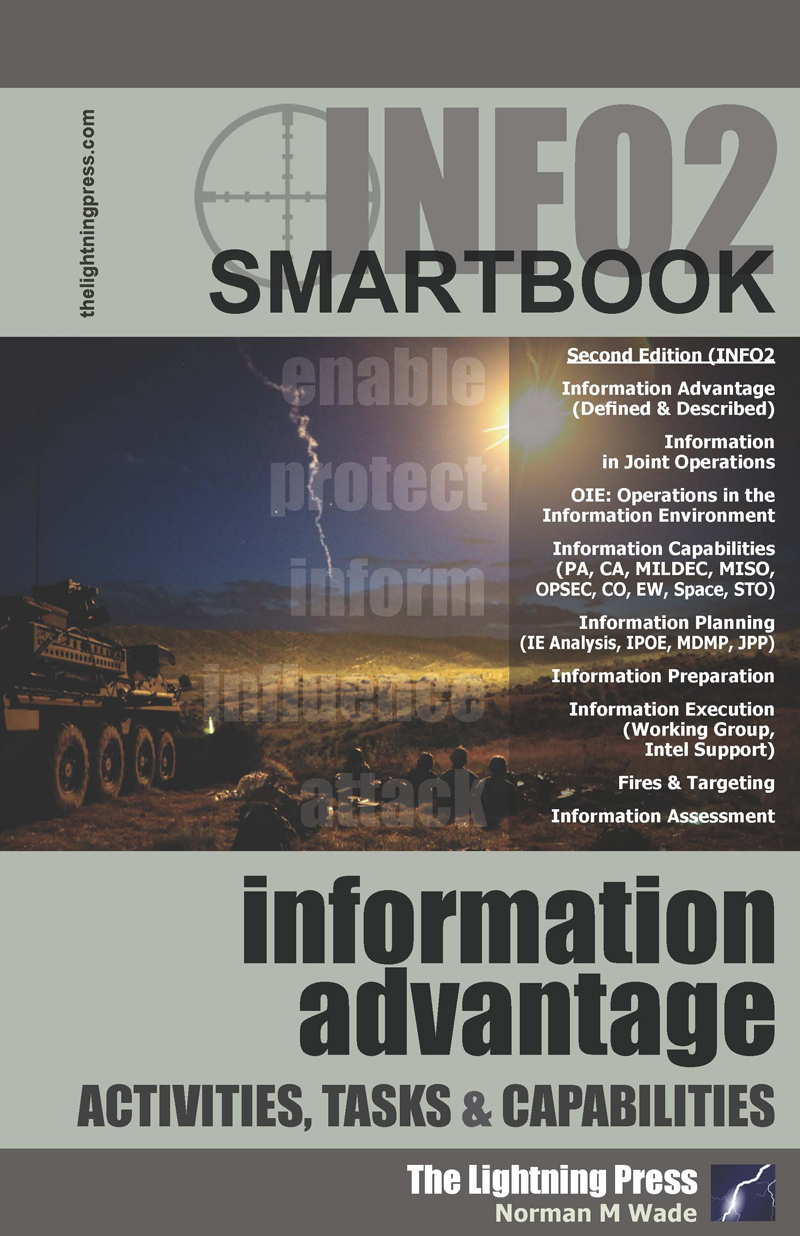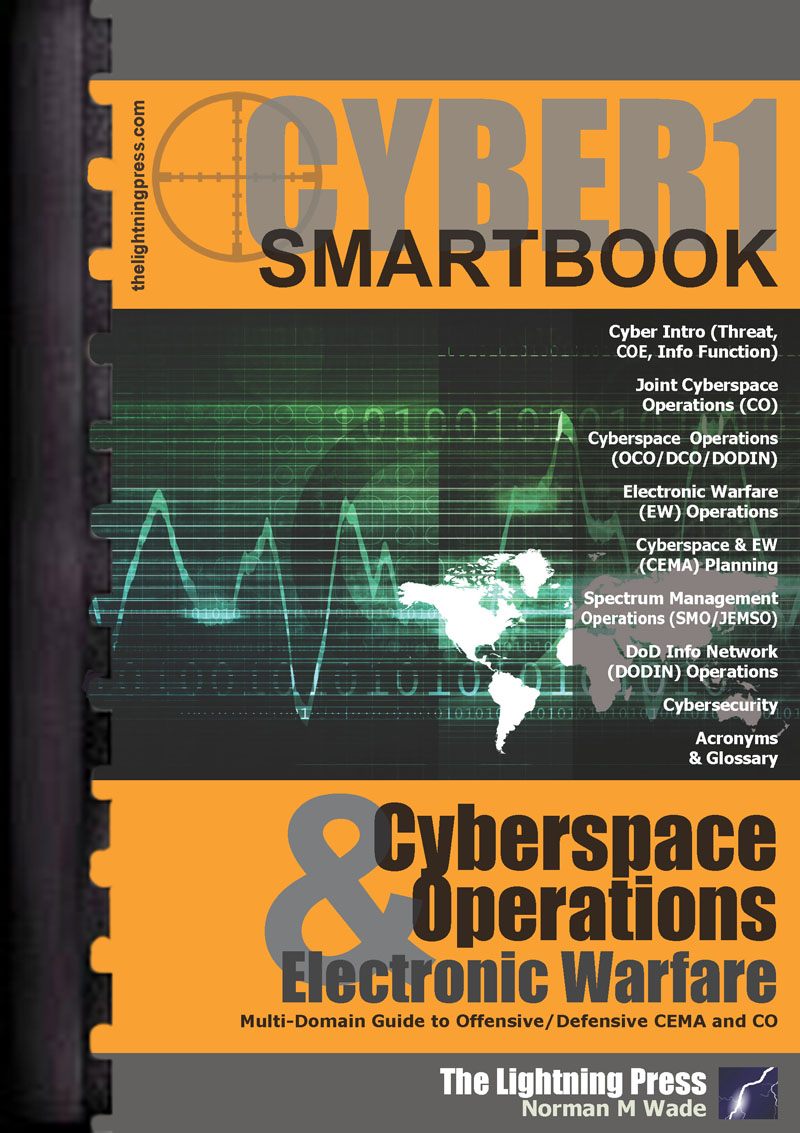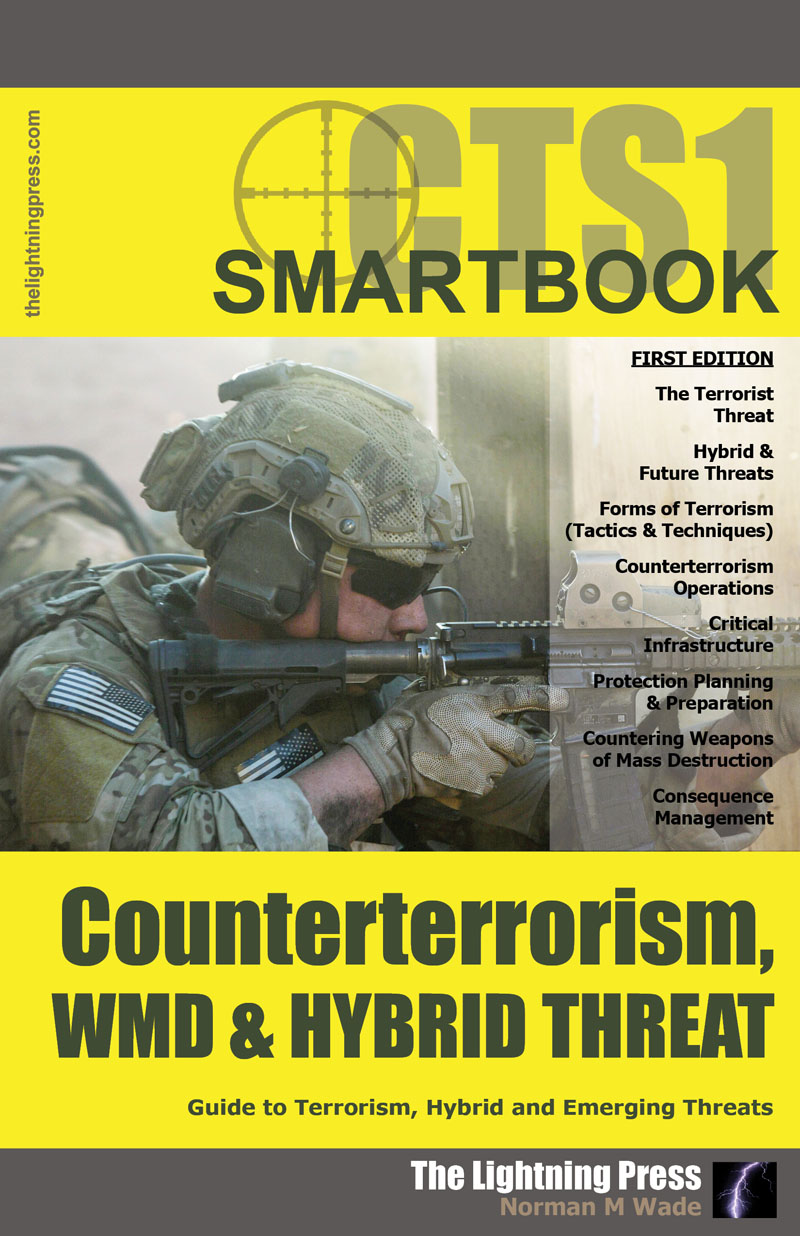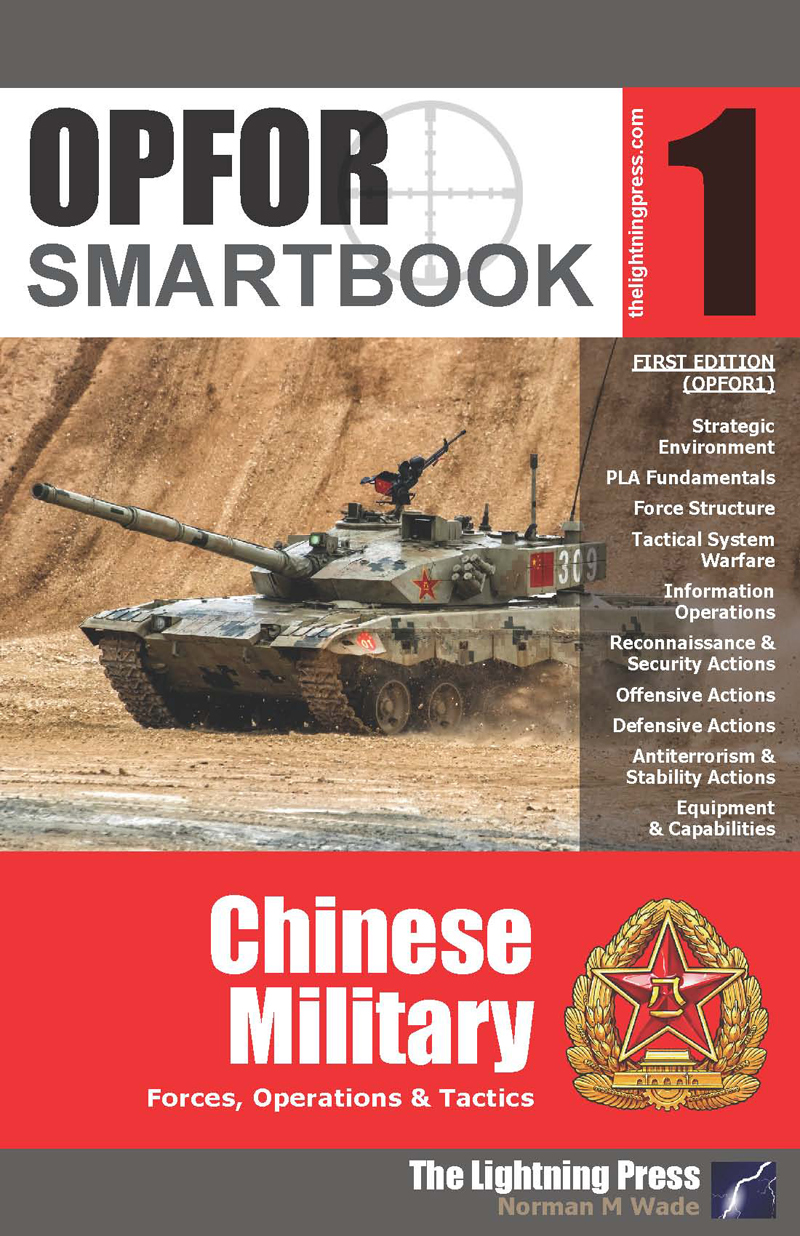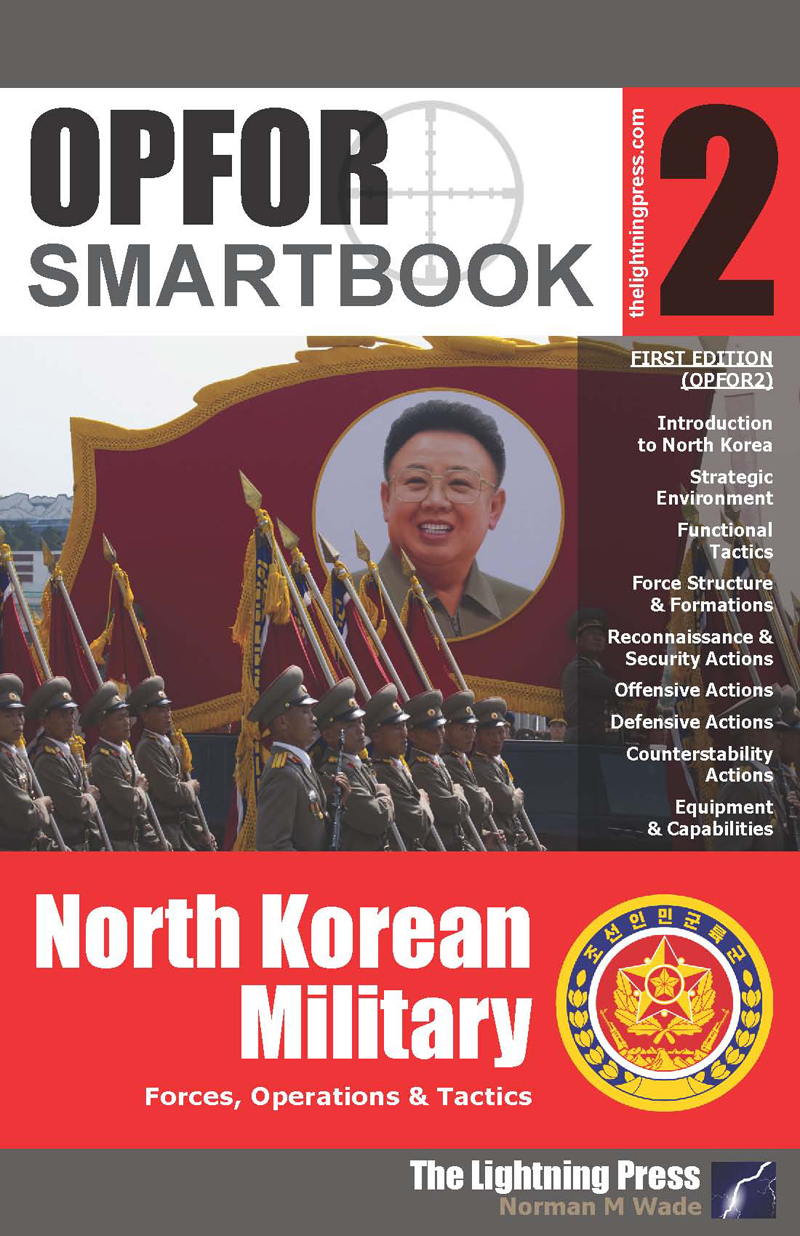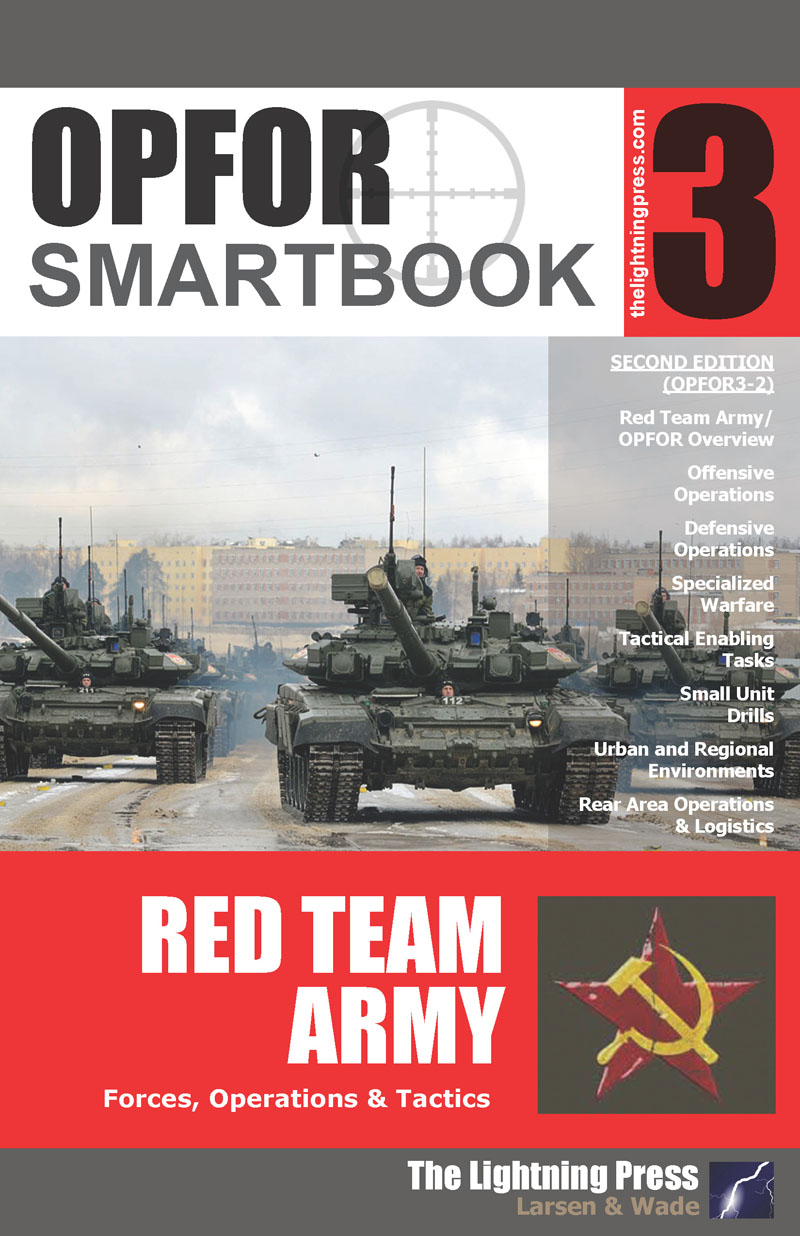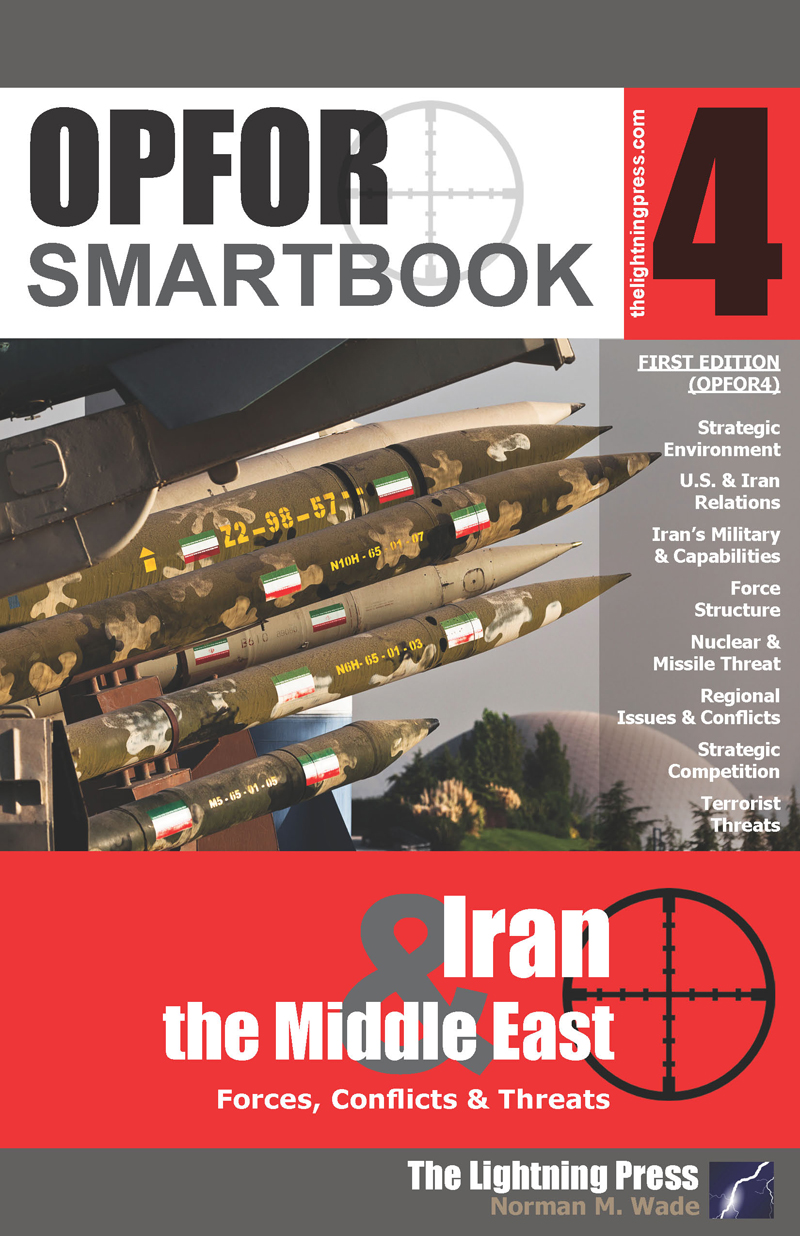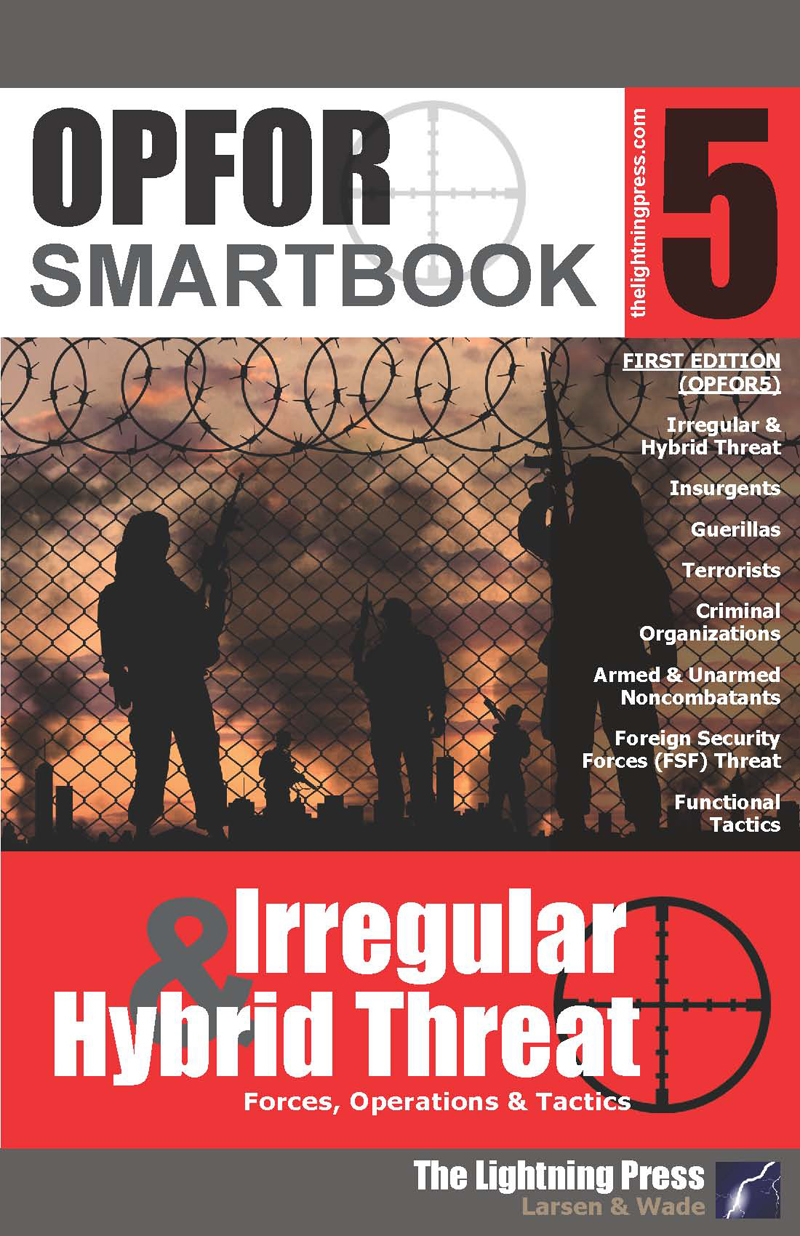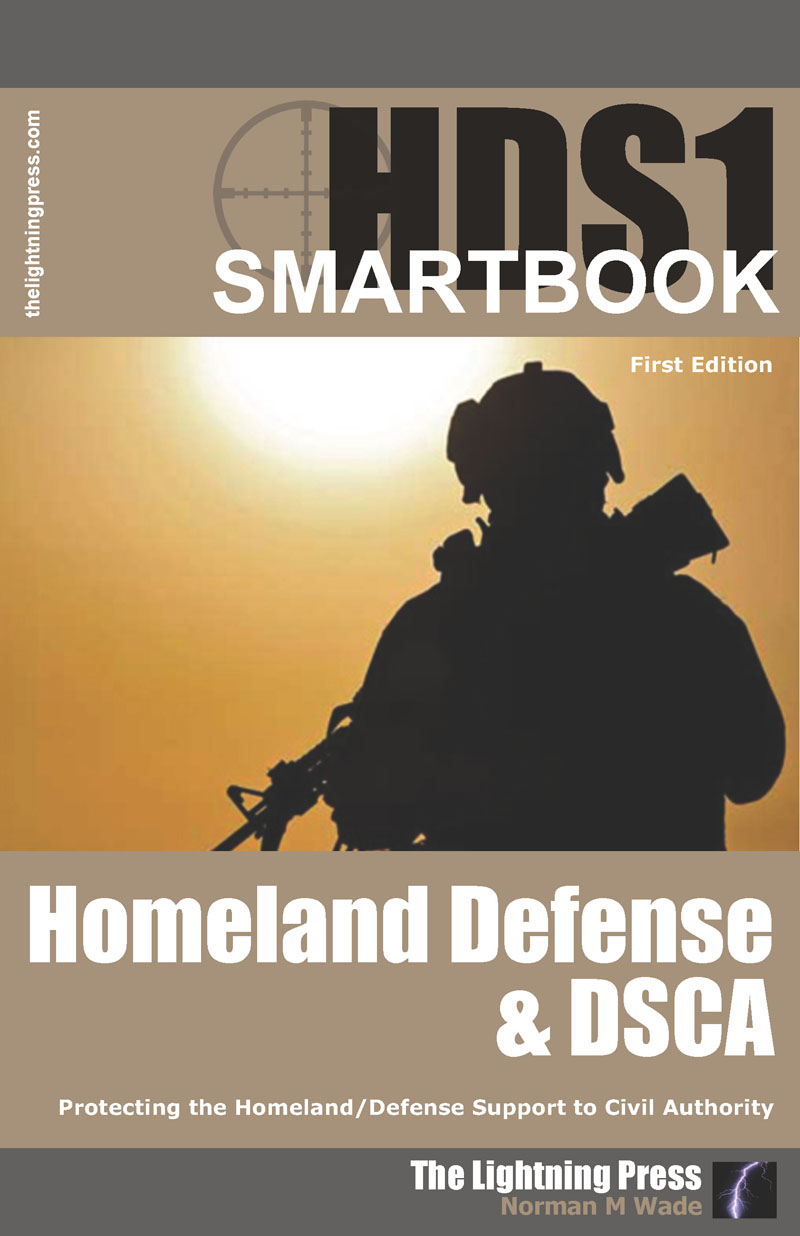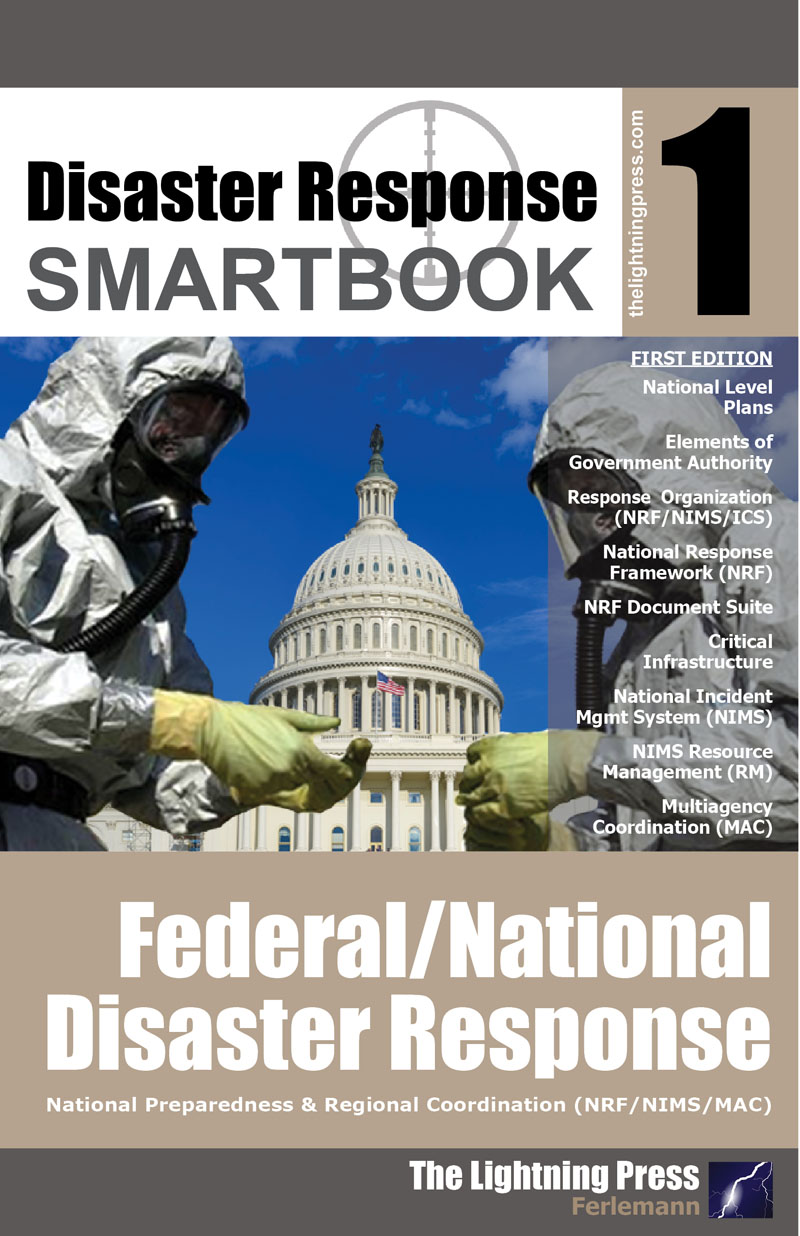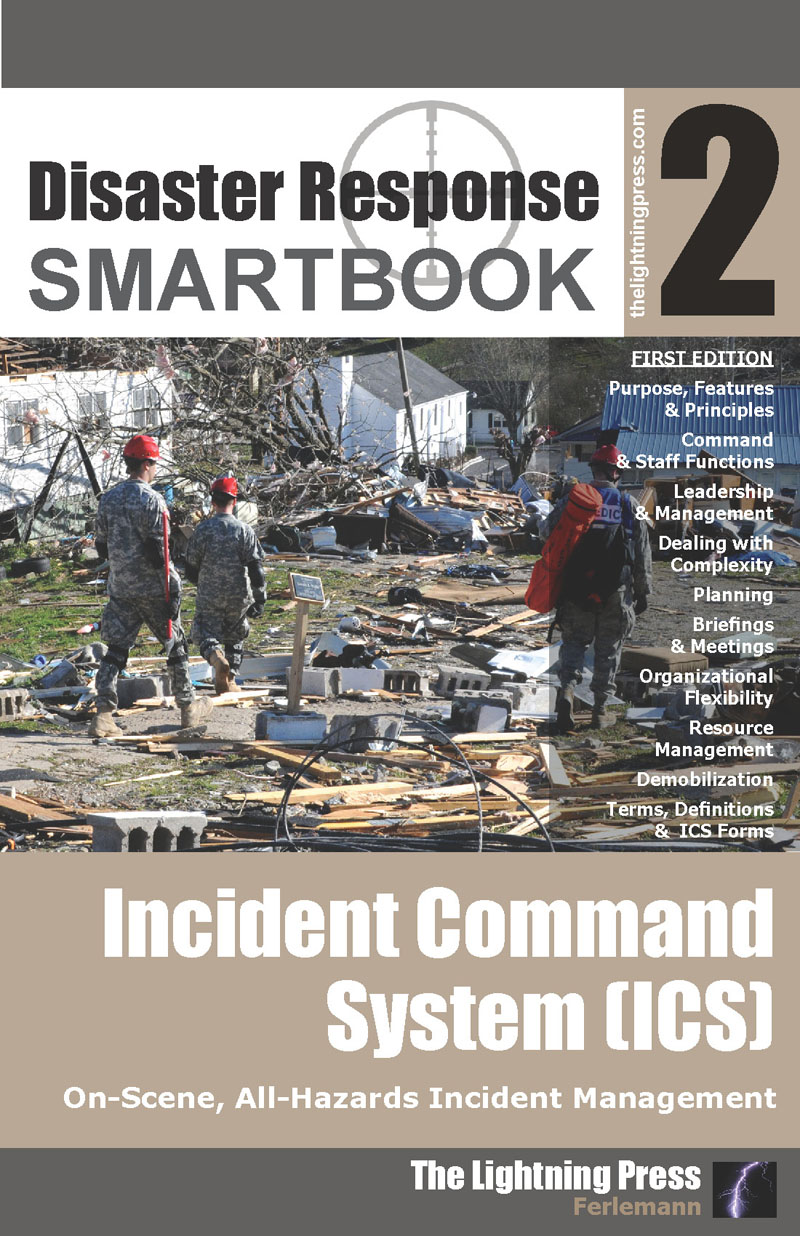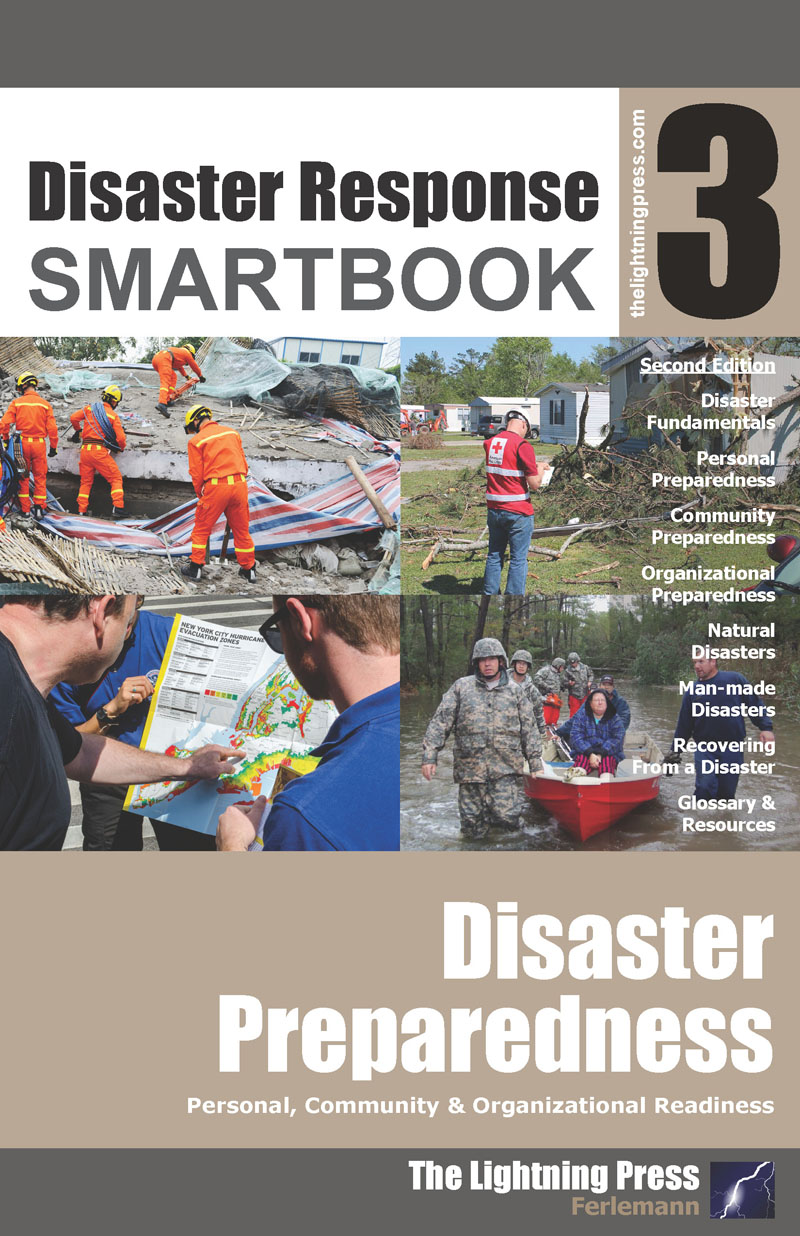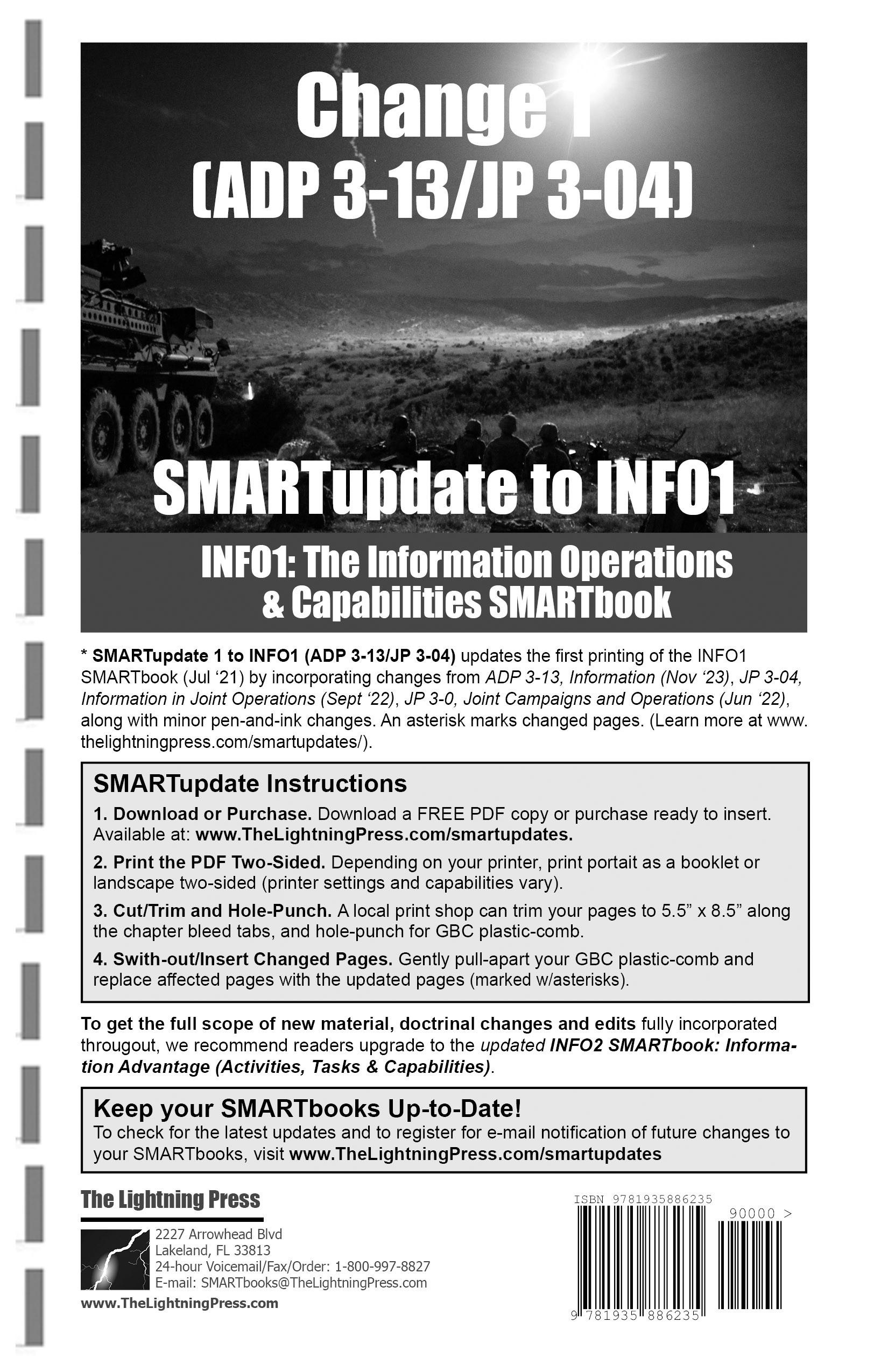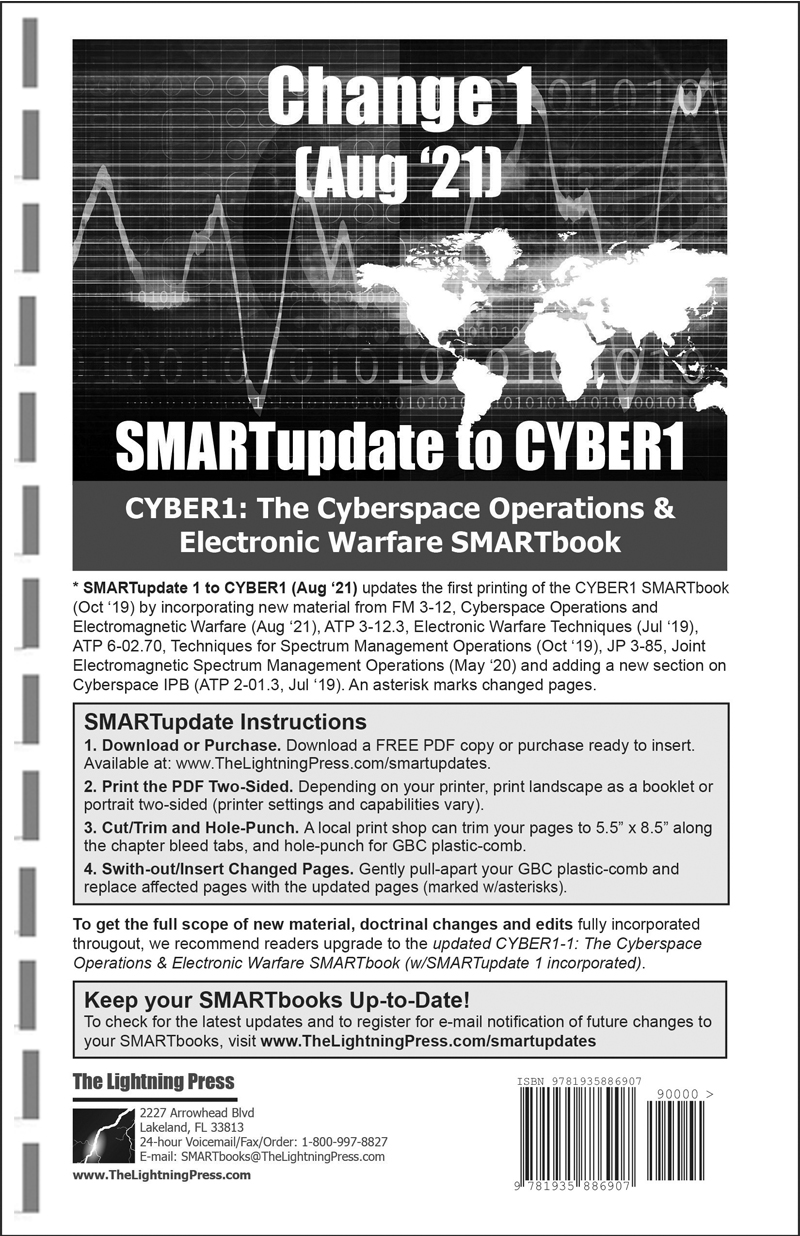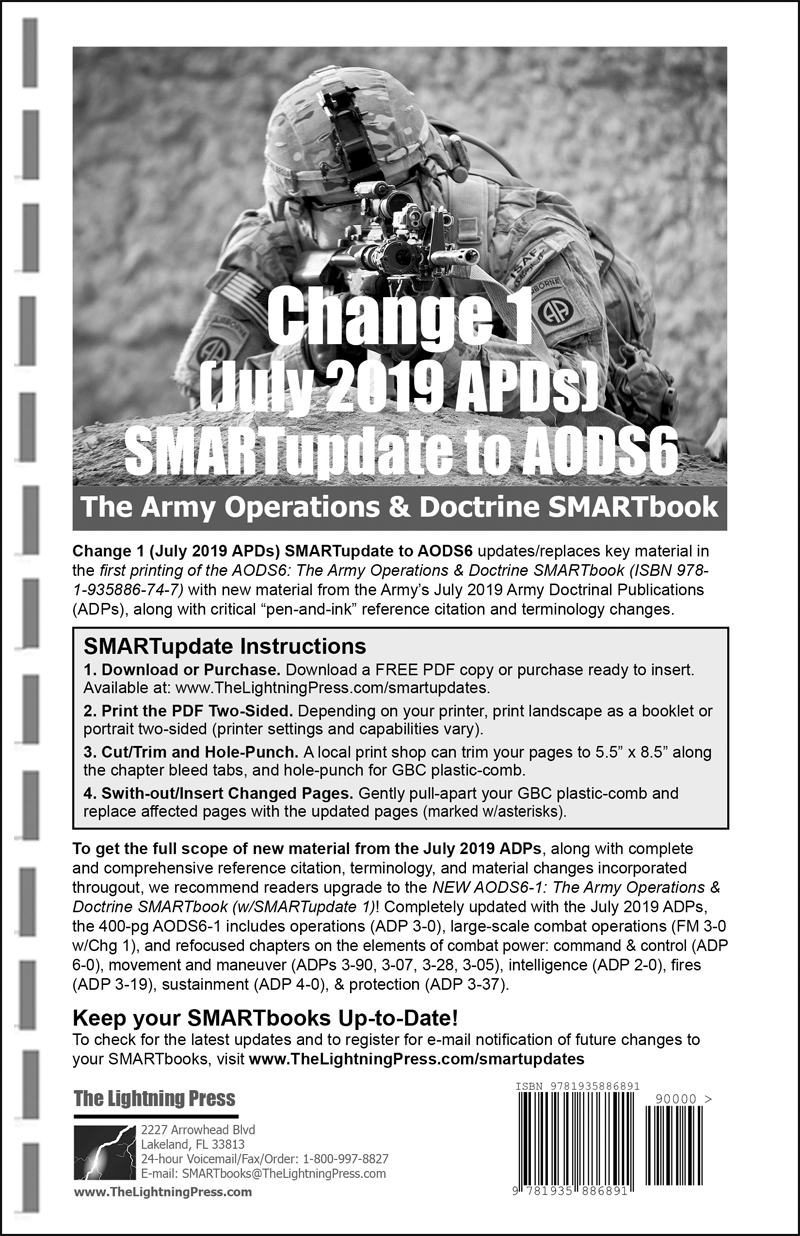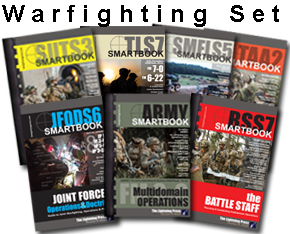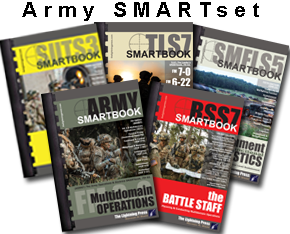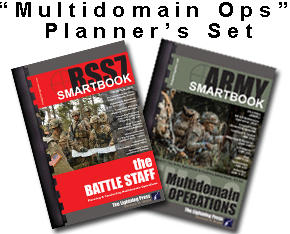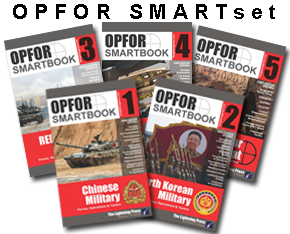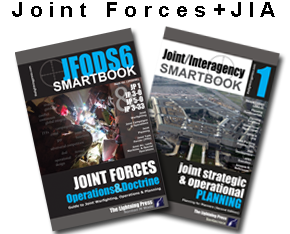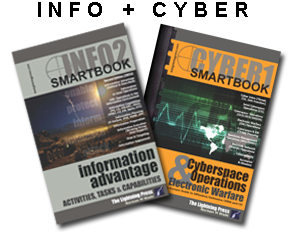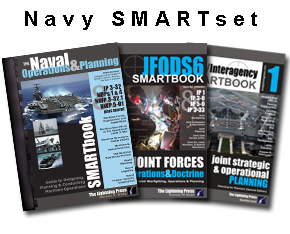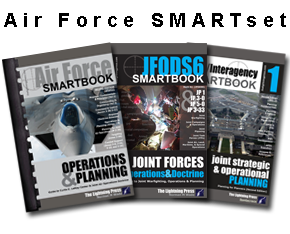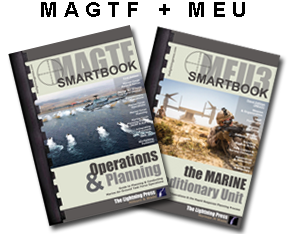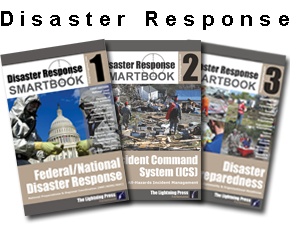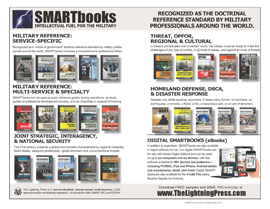Attributes are characteristics internal to a leader. These affect how an individual behaves, thinks, and learns within certain conditions. Strong character, solid presence, and keen intellect enable individuals to perform the core leader competencies with greater effect.

The three categories of core attributes are—
Character (See pp. 1-18 to 1-19.)
Character consists of the moral and ethical qualities of an individual revealed through their decisions and actions. Leaders must consistently demonstrate good character and inspire others to do the same. The close teamwork demanded to execute military missions at all levels requires that everyone in the Army share certain desirable character attributes.
Presence (See pp. 1-22 to 1-23.)
Demonstrating presence is more than just showing up and being seen, although both are important. The actions, words, and the manner in which leaders carry themselves should convey confidence, competence, and a positive example for others to emulate. Presence represents who leaders are and what they stand for. Every leader has presence. Unfortunately, some lose the respect and confidence of their subordinates because their presence provides little or no positive effect on others. Part of projecting a positive leadership presence is being comfortable in one’s own skin. While leaders should understand that their subordinates are always observing how leaders carry themselves, they should also understand that subordinates can quickly tell the difference between leaders who are trying to portray themselves as something they are not. This often happens when a leader is new to a duty position or lacks experience. Remembering that most subordinates want their leaders to be successful is important. When they sense that their leaders are genuine, honest, and willing to learn by putting themselves into positions where they might risk a little embarrassment learning a new skill, their level of respect for a leader increases. Leaders able to do what they ask others to do, who can ‘walk the talk,’ generate a positive reputation that contributes to their effective presence around Soldiers.
Intellect (See pp. 1-24 to 1-25.)
Intellect is fundamental to successful leadership. Intellect consists of one’s brainpower and knowledge. Intellect enables leaders to think creatively and critically to gain situational understanding, make sound judgments, solve problems, and take action. Intellect allows leaders to reason analytically, critically, ethically, and with cultural sensitivity. Intellect is involved in considering the intended and unintended consequences of the decisions a leader makes. Effective leaders must anticipate the second-and third-order effects of their decisions.
A leader’s mental abilities affect how well they think and lead others. People differ in intellectual strengths and ways of thinking—there is no one right way to think. Each leader needs to be self-aware of their strengths and limitations and apply them accordingly. Experience informs intellect.
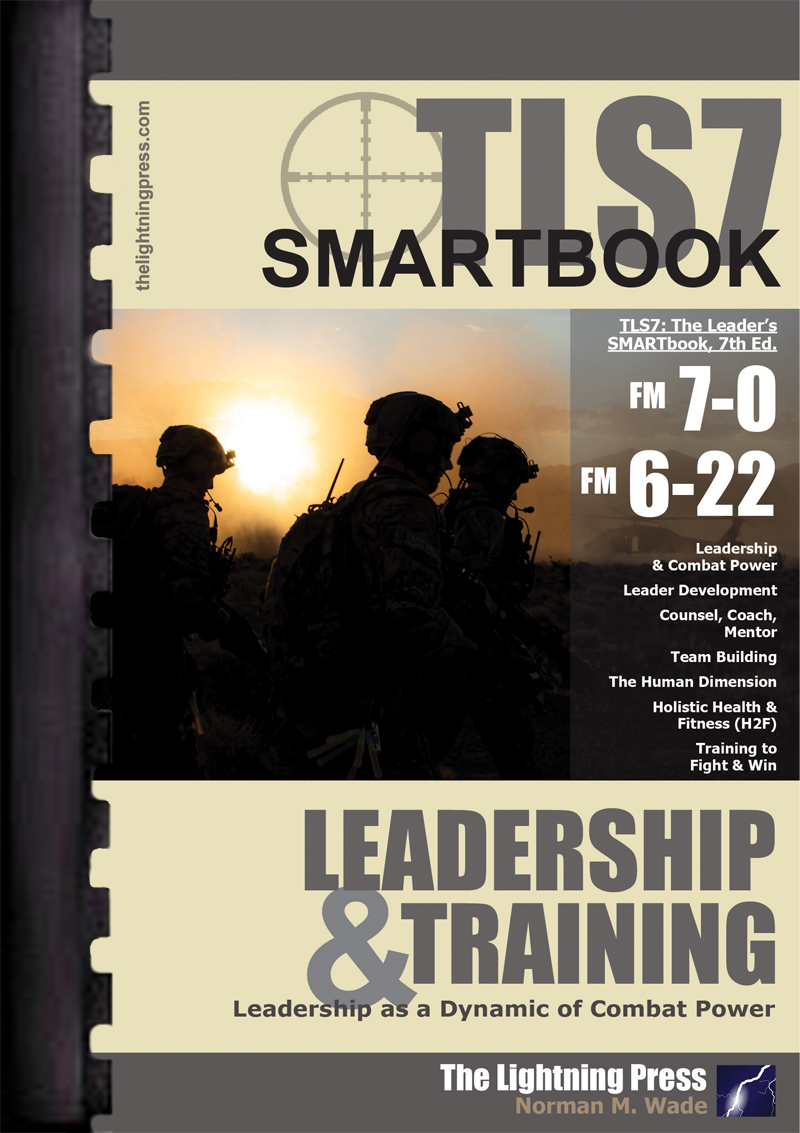 This article is an extract from "TLS7: The Leader’s SMARTbook, 7th Ed. (Leadership as a Dynamic of Combat Power)" by The Lightning Press. Download a free PDF sample and learn more at: TLS7: The Leader’s SMARTbook, 7th Ed. (Leadership as a Dynamic of Combat Power).
This article is an extract from "TLS7: The Leader’s SMARTbook, 7th Ed. (Leadership as a Dynamic of Combat Power)" by The Lightning Press. Download a free PDF sample and learn more at: TLS7: The Leader’s SMARTbook, 7th Ed. (Leadership as a Dynamic of Combat Power).
Browse additional military doctrine articles in our SMARTnews Blog & Resource Center.
About The Lightning Press SMARTbooks. Recognized as a “whole of government” doctrinal reference standard by military, national security and government professionals around the world, SMARTbooks comprise a comprehensive professional library. SMARTbooks can be used as quick reference guides during operations, as study guides at education and professional development courses, and as lesson plans and checklists in support of training. Browse our collection of Military Reference SMARTbooks to learn more.

